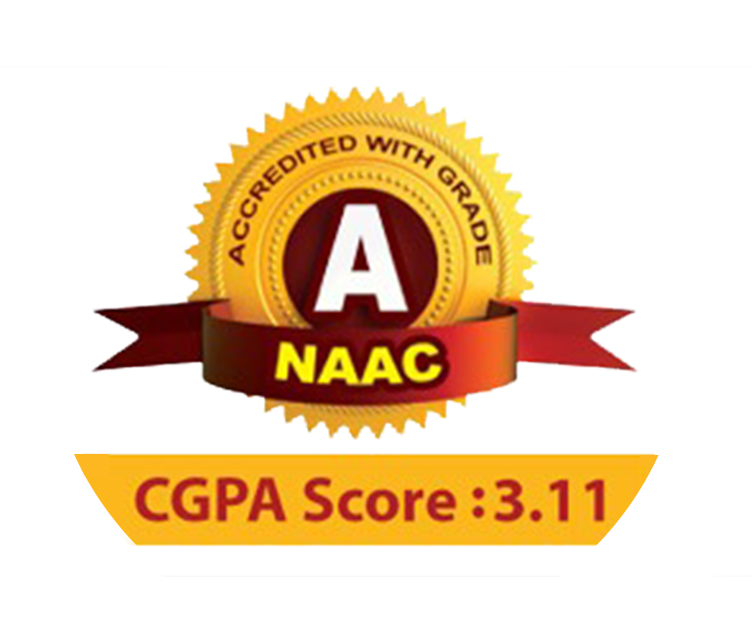Program Educational Objectives (PEOs)
|
| PEO 1: Possess strong fundamental concepts in mathematics, science, engineering and Technology to address technological challenges. |
| PEO 2: Possess knowledge and skills in the field of Computer Science and Information Technology for analyzing, designing and implementing complex engineering problems of any domain with innovative approaches. |
| PEO 3: Possess an attitude and aptitude for research, entrepreneurship and higher studies in the field of Computer Science and Information Technology. |
| PEO 4: Have commitment to ethical practices, societal contributions through communities and life-long learning. |
| PEO 5: Possess better communication, presentation, time management and teamwork skills leading to responsible & competent professionals and will be able to address challenges in the field of IT at global level. |
Program Outcomes (POs)
|
| PO 1 | Engineering Knowledge: An ability to apply knowledge of mathematics, computing, science, engineering and technology. |
| PO 2 | Problem Analysis: An ability to define a problem and provide a systematic solution with the help of conducting experiments, analyzing the problem and interpreting the data. |
| PO 3 | Design / Development of Solutions: An ability to design, implement, and evaluate a software or a software/hardware system, component, or process to meet desired needs within realistic constraints. |
| PO 4 | Conduct Investigations of Complex Problems: An ability to identify, formulates, and provides systematic solutions to complex engineering/Technology problems. |
| PO 5 | Modern Tool Usage: An ability to use the techniques, skills, and modern engineering technology tools, standard processes necessary for practice as a IT professional. |
| PO 6 | The Engineer and Society: An ability to apply mathematical foundations, algorithmic principles, and computer science theory in the modeling and design of computer-based systems with necessary constraints and assumptions. |
| PO 7 | Environment and Sustainability: An ability to analyze and provide solution for the local and global impact of information technology on individuals, organizations and society. |
| PO 8 | Ethics: An ability to understand professional, ethical, legal, security and social issues and responsibilities. |
| PO 9 | Individual and Team Work: An ability to function effectively as an individual or as a team member to accomplish a desired goal(s). |
| PO 10 | Communication: An ability to engage in life-long learning and continuing professional development to cope up with fast changes in the technologies/tools with the help of electives, professional organizations and extra-curricular activities. |
| PO 11 | Project Management and Finance: An ability to communicate effectively in engineering community at large by means of effective presentations, report writing, paper publications, demonstrations. |
| PO 12 | Life – Long Learning: An ability to understand engineering, management, financial aspects, performance, optimizations and time complexity necessary for professional practice. |
Program Specific Outcomes (PSOs):
|
| PSO 1: An ability to apply the theoretical concepts and practical knowledge of Information Technology in analysis, design, development and management of information processing systems and applications in the interdisciplinary domain. |
| PSO 2: An ability to analyze a problem, and identify and define the computing infrastructure and operations requirements appropriate to its solution. IT graduates should be able to work on large-scale computing systems. |
| PSO 3: An understanding of professional, business and business processes, ethical, legal, security and social issues and responsibilities. |
| PSO 4: Practice communication and decision-making skills through the use of appropriate technology and be ready for professional responsibilities. |

